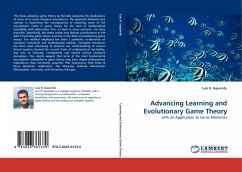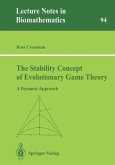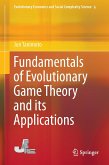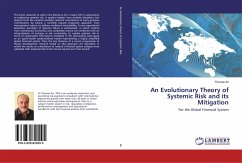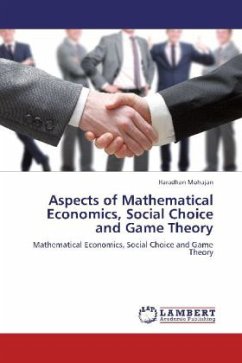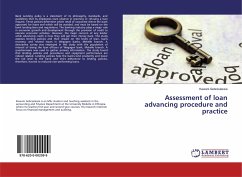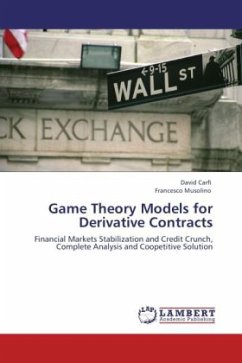This thesis advances game theory by formally analysing the implications of some of its most stringent assumptions. The approach followed here consists in examining the consequences of replacing some of the assumptions made in game theory for the sake of mathematical tractability with alternatives that at least in some contexts are more plausible. Specifically, this thesis makes two distinct contributions in the field of learning game theory and one in the field of evolutionary game theory. The method employed has been a symbiotic combination of computer simulation and mathematical analysis. Computer simulation has been used extensively to enhance our understanding of various formal systems beyond the current limits of mathematical tractability, and also to illustrate, complement and extend various analytical derivations. Our results suggest that some of the most fundamental assumptions embedded in game theory may have deeper philosophical implications than commonly assumed. PhD Supervisors: Nick Gotts & Bruce Edmonds. Institutions: The Macaulay Institute, Manchester Metropolitan University, and University of Burgos.
Bitte wählen Sie Ihr Anliegen aus.
Rechnungen
Retourenschein anfordern
Bestellstatus
Storno

